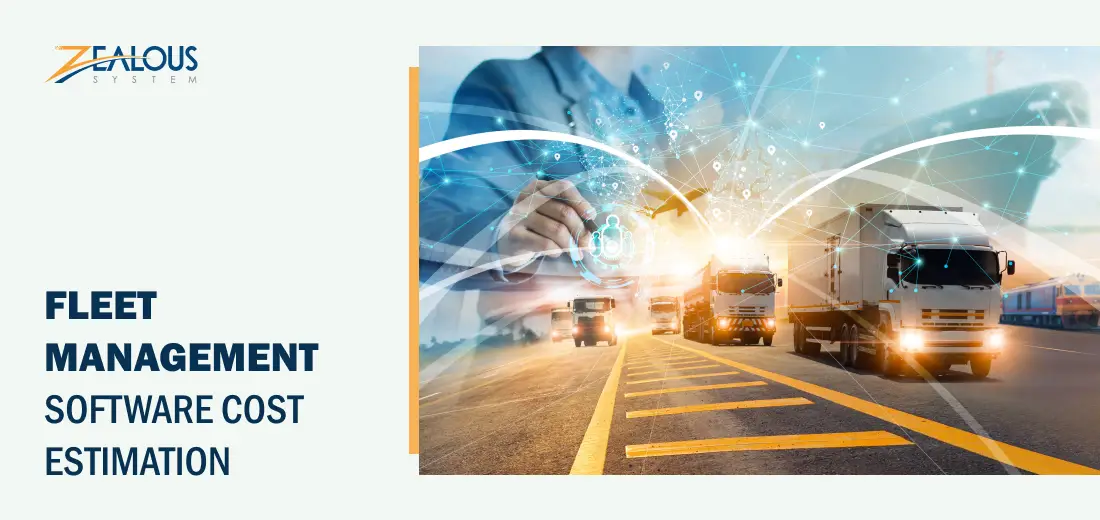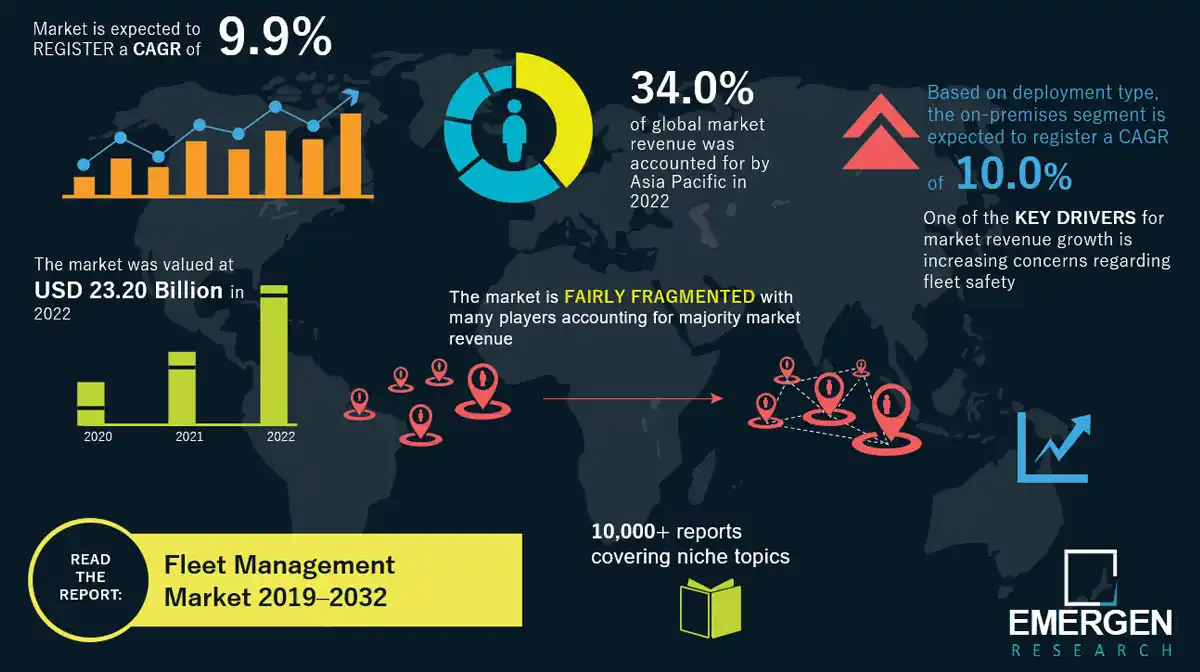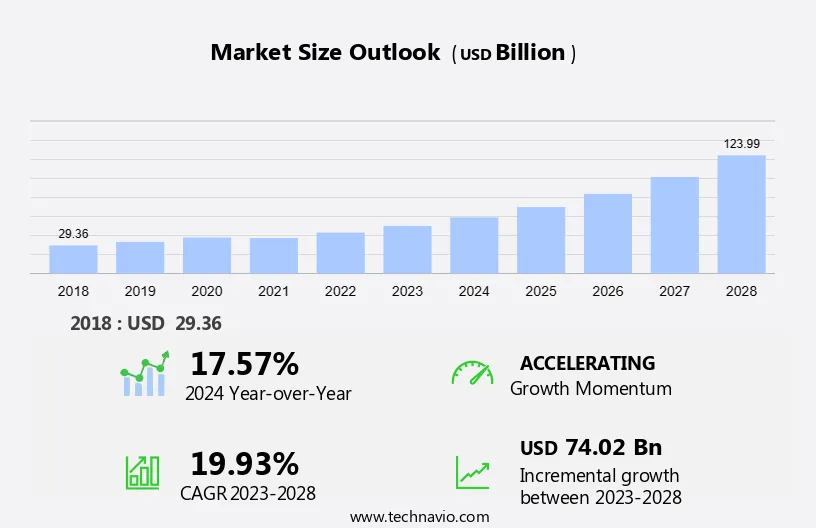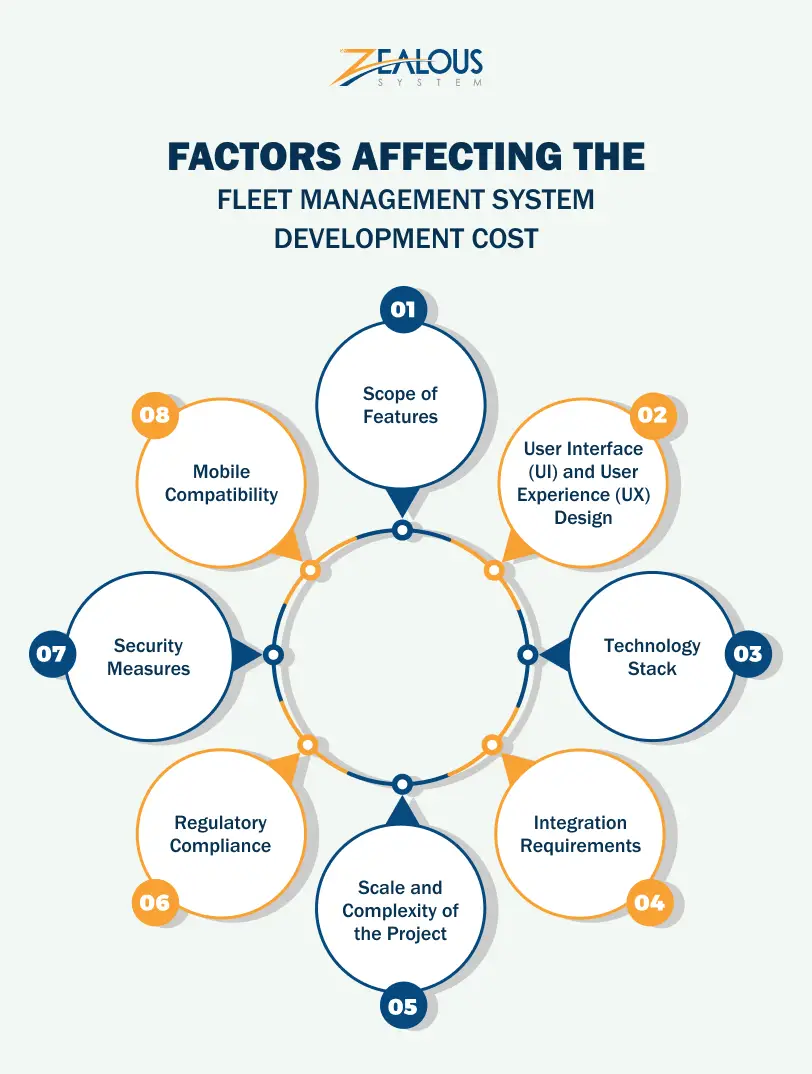
- Company
- Services
- UI/UX Design Services
- Microsoft Dynamics 365
- Mobile App Development
- AI Software Development
- Web App Development
- Generative AI Development
- Digital Product Development
- Enterprise Mobility
- SaaS Application Development
- Application Integration
- White-label WP Maintenance
- ERP Software Solutions
- Software Testing
- Offshore Development Center
- Let’s Connect
- Trending
- Technology
- Industry
- Build Your Team
- Our Work
- Company
- Services
- UI/UX Design Services
- Microsoft Dynamics 365
- Mobile App Development
- AI Software Development
- Web App Development
- Generative AI Development
- Digital Product Development
- Enterprise Mobility
- SaaS Application Development
- Application Integration
- White-label WP Maintenance
- ERP Software Solutions
- Software Testing
- Offshore Development Center
- Let’s Connect
- Trending
- Technology
- Industry
- Build Your Team
- Our Work
We use cookies and similar technologies that are necessary to operate the website. Additional cookies are used to perform analysis of website usage. please read our Privacy Policy
What is the Development Cost of Fleet Management Software?

Effectively managing and monitoring daily business activities is essential in fleet management. To efficiently manage a growing fleet of vehicles, a robust and seamless management system is imperative.
The utilization of fleet management software can digitize and streamline your fleet operations. This software enables automation of various tasks such as route optimization, consignment tracking, bookkeeping, communication, and more. In this article, we will provide insights into the cost of fleet management software and the factors influencing it.
The surge in global land and sea trade routes has led to a growing need for fleet management software. Typically, the cost of a basic fleet management software ranges from $7,000 to $35,000. This cost is influenced by factors such as the software’s overall complexity, feature set, geographical location, and the hourly rates charged by developers.
Key Market Statistics to Understand the Fleet Management Software Usage:
As per PRNewswire, the global fleet management market is expected to reach $52.50 billion by 2030, with a 10.6% CAGR from 2021 to 2030. Fleet management apps are increasingly in demand for streamlining business processes.
The fleet management market size is forecast to increase by USD 74.02 billion, at a CAGR of 19.93% between 2023 and 2028. Several factors play a crucial role in the market’s growth such as the rise in eCommerce and last-mile delivery, the growing focus on asset tracking, and the increasing popularity of cold chain transportation.
An Important Insight Into the Fleet Management Software Cost
The cost of software development is influenced by various factors, such as building an MVP, UI/UX design, coding hours, and backend server hours. For a simple fleet management system, the average cost ranges from $5,000 to $15,000, offering basic features like an admin and driver dashboard, fleet and fuel tracking, and route optimization.
A medium complex fleet software, with features like an interactive dashboard, dispatch management, accident management, and geofencing, typically costs between $15,000 to $25,000.
For a comprehensive fleet management software encompassing basic to advanced features like real-time reports, compliance management, vehicle management and maintenance, accident protection, etc. The development cost can vary between $20,000 to $40,000.
| Software Type | Estimated Cost | Timeframe |
|---|---|---|
| Simple | $5,000 to $15,000 | 3 to 5 months |
| Medium Complex | $15,000 to $25,000 | 5 to 7 months |
| Complex | $20,000 to $40,000 | Up to 10 months |
Factors Affecting the Fleet Management System Development Cost:
1. Scope of Features:
The scope of features directly influences development costs. Basic features like driver and admin dashboards, vehicle tracking, and route optimization are more cost-effective than advanced features such as real-time reporting, compliance management, and complex vehicle maintenance modules.
2. User Interface (UI) and User Experience (UX) Design:
A sophisticated and user-friendly UI/UX design enhances the overall user experience but may incur higher design costs. This includes considerations for intuitive navigation, responsive design for different devices, and visually appealing interfaces.
3. Technology Stack:
The choice of programming language (ASP.NET, Node.js, Java, PHP), backend framework (Django, Express.js, Spring Boot), and database (PostgreSQL, MongoDB, MySQL, Microsoft SQL Server) impacts both development time and costs. The selection should align with the project’s scalability, performance, and maintenance requirements.
4. Integration Requirements:
The complexity and number of software integrations with existing systems or third-party applications affect development costs. Seamless integration often requires additional development efforts and testing to ensure interoperability.
5. Scale and Complexity of the Project:
The size and complexity of the fleet management project, including the number of vehicles and operational intricacies, impact development costs. Larger-scale projects with intricate requirements generally require more development resources.
6. Regulatory Compliance:
Ensuring compliance with industry regulations and standards demands additional development efforts. This includes implementing features for data security, privacy, and adherence to specific legal requirements, all of which contribute to the overall cost.
7. Security Measures:
Implementing robust security measures is paramount for fleet management systems, given the sensitive nature of data involved. Expenses related to SSL/TLS implementation, secure authentication mechanisms (such as JWT or OAuth 2.0), and adherence to cybersecurity best practices contribute to development costs.
8. Mobile Compatibility:
If mobile compatibility is essential, the choice of a cross-platform mobile framework like React Native or Flutter affects development costs. Developing separate native applications for iOS and Android may incur higher expenses but could provide a more tailored user experience.
Features of a Fleet Management Software That Can Impact Cost:
Admin and Driver Dashboards:
A basic system with simple dashboards for administrators and drivers will be more cost-effective compared to intricate, feature-rich dashboards.
Vehicle Tracking:
Basic vehicle tracking functionalities are less costly, while advanced real-time tracking, historical location analysis, and geofencing can escalate development costs.
Route Optimization:
Including route optimization features to enhance fuel efficiency and reduce travel time contributes to higher development costs.
Dispatch Management:
Integrating dispatch management features, such as automated task assignment and monitoring, adds complexity and cost to the software.
Fuel Tracking:
Basic fuel tracking features are more cost-effective, but in-depth fuel monitoring, analysis, and reporting can elevate the overall development expense.
Geofencing:
Implementing geofencing capabilities, which define virtual boundaries and trigger responses, adds complexity and contributes to higher development costs.
Vehicle Management and Maintenance:
Basic maintenance tracking may be more affordable, while comprehensive vehicle management features, including predictive maintenance and performance analysis, can increase development costs.
Real-Time Reports:
Advanced reporting capabilities, especially real-time reporting with customizable insights, contribute to a more sophisticated system and higher development costs.
How Can Zealous Help You Determine the Fleet Management Software Cost?
Zealous has extensive experience in developing and implementing fleet management software solutions, including both custom systems and white-labeled options. Their team of developers and consultants understand the intricacies of FMS features, functionalities, and integrations, which allows them to accurately estimate the development effort and associated costs.
We can advise you on the most suitable platform for your FMS, considering factors like scalability, security, and user experience. This can significantly impact development costs, as different platforms have different development requirements and complexities.
Our Development Team can be a valuable asset in determining the cost of your fleet management software development. Their expertise, needs assessment, technology options, development approach, and transparent communication can help you make informed decisions and build a cost-effective FMS that optimizes your fleet operations.
Conclusion
In conclusion, determining the cost of developing fleet management software is a multifaceted process that hinges on various factors, ranging from the scope of features to regulatory compliance. Businesses must carefully assess their specific requirements and industry nuances to make informed decisions about development costs.
While investing in a robust fleet management solution incurs initial expenses, the long-term benefits in terms of operational efficiency, cost savings, and improved business outcomes often outweigh the upfront development costs. Ultimately, the journey to developing effective fleet management software involves a strategic balance between functionality, usability, and long-term scalability.
Engaging a reputable software development company with expertise in fleet management development can further streamline the development process, ensuring a tailored and high-quality solution that aligns seamlessly with the unique needs of the business.
We are here
Our team is always eager to know what you are looking for. Drop them a Hi!
Pranjal Mehta
Pranjal Mehta is the Managing Director of Zealous System, a leading software solutions provider. Having 10+ years of experience and clientele across the globe, he is always curious to stay ahead in the market by inculcating latest technologies and trends in Zealous.
Table of Contents
×




Comments